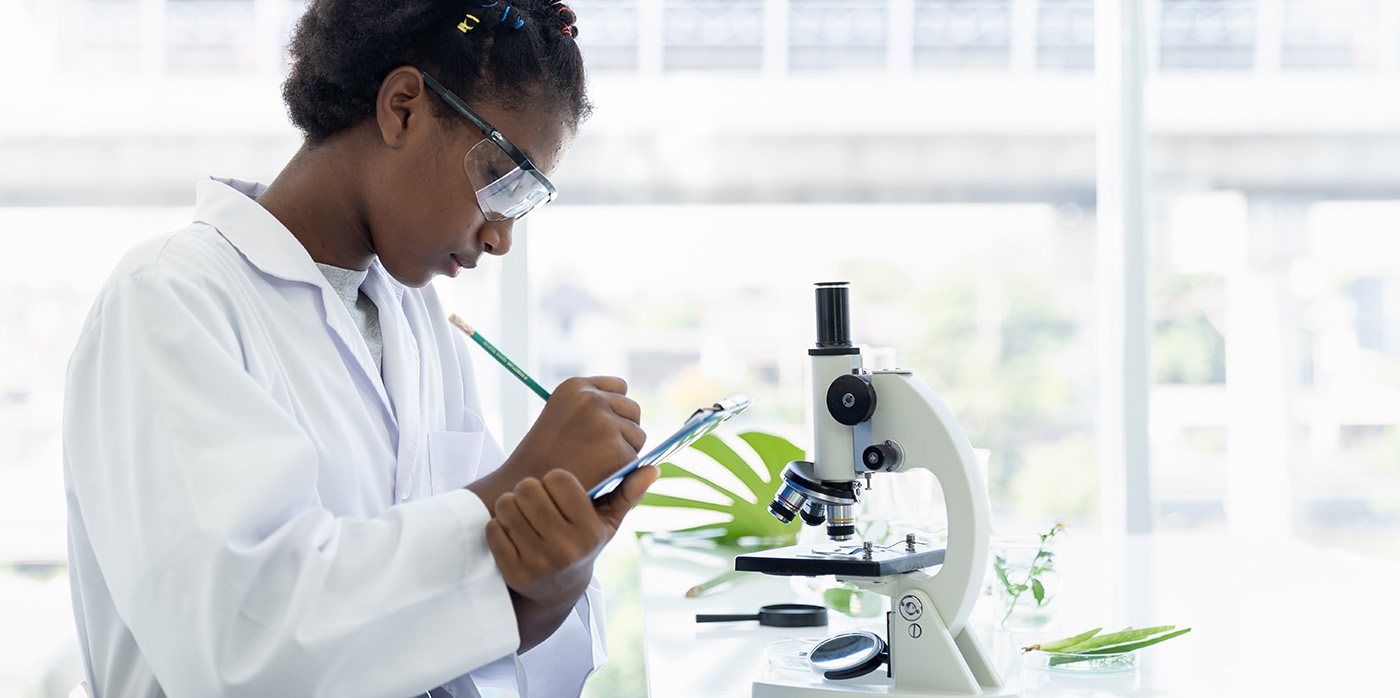Bioeconomy International: New Call for International Collaborative Research Projects
BMBF launched the latest call for joint international R&D projects that bring together German partners with partners from non-EU countries to develop solutions for a global bioeconomy.
In the context of the German government’s overarching National Bioeconomy Strategy, this funding initiative by Bundesministerium für Bildung und Forschung (BMBF – Federal Ministry for Education and Research) aims to promote international, collaborative research and development projects that significantly contribute to implementing the Bioeconomy on a global level.
The programme supports German organisations who wish to collaborate with partners from non-EU countries to develop novel solutions for a global bioeconomy. Foreign partners must make a binding financial commitment to the project.
To be considered for funding, the joint international projects must address at least one of the following topics:
- Biological knowledge as a key to the bioeconomy (microorganisms, algae, fungi, bacteria, insects etc).
- Converging technologies and cross-disciplinary collaboration (digitisation, artificial intelligence, nanotechnology, automation, miniaturisation etc).
- Limits and potential of the bioeconomy.
- Knowledge transfer to practical application (value networks etc).
- Bioeconomy and society (interactions, conflicting aims etc).
- Global research collaboration.
For the 2022 call, particular emphasis is placed on topic 1: biological knowledge as a key to the bioeconomy. Within this, the following types of projects are particularly encouraged:
- Understanding and modelling biological systems.
- Research and establishment of novel product organisms for primary production and industrial manufacturing.
- Development and refinement of innovative biotechnological process concepts for bio-based manufacturing systems.
- Sustainable production of biogenic resources.
Eligible for BMBF funding are institutions of higher education and non-educational research institutions in Germany, as well as German public institutions with research and development capacities and German commercial businesses and enterprises. The participation of small- and medium-sized businesses (SME) is particularly encouraged.
The maximum funding period is three years. Grants cover project-related costs including personnel costs, investments needed to conduct the project (eg equipment), consumables, travel expenses and sub-contracts.
Institutions of higher education as well as non-commercial research institutions are eligible for full funding. In line with AGVO guidelines, commercial partners are required to contribute to the project-related costs with personal contributions.
The scheme comprises a two-stage application process, with an initial invitation for outline proposals followed by the submission of a full, formal application for successful candidates.
The deadline for the submission of outline proposals is 14 December 2022 (13:00 CET).
(This report was the subject of a RESEARCHconnect Newsflash.)

